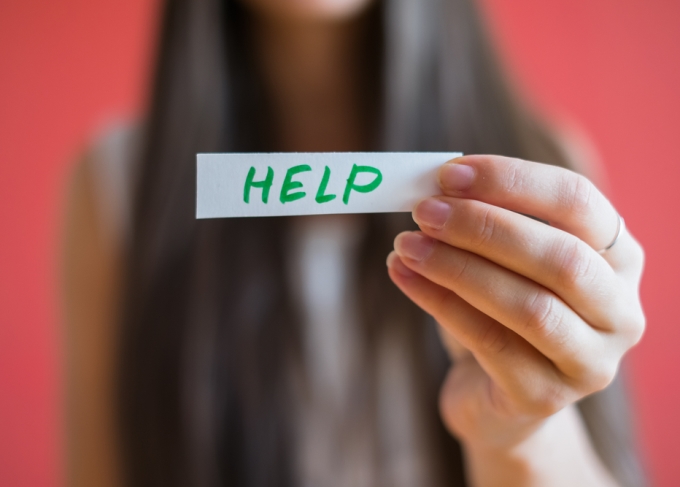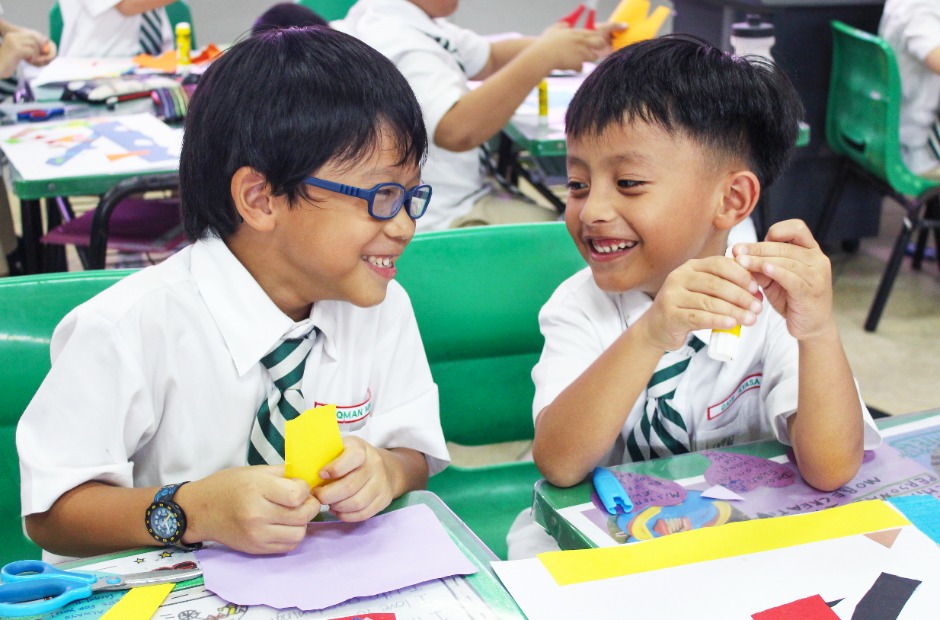You’ve probably heard that young children and electronic devices are a risky combination… decreased attention, risk of exposure to inappropriate content, health issues from staring for hours at a small screen – the list goes on.
But the biggest danger is not about them using smartphones or tablets – it’s about you doing so in their presence.
Since Emma was 3, or rather, old enough to understand what a phone/tablet was, we have been very stringent on her use of technology, from television, tablets, phones, to game consoles.
The three rules that have been set are:
- No devices at the dining table.
- No devices and TVs on weekdays.
- 20 minutes of tablet use per session, on weekends
While she understands when she can and cannot use them, and abides by them, the rules have become more fluid as she has grown older, because these days, the persons breaking the rules are Mummy and Daddy. Mummy is fond of holding on to her phone at mealtimes, while Daddy has a habit of watching TV on weekdays and using his tablet and phone, all at the same time, never mind the no-device policy during school nights.
Regardless of our reasons for being connected to our devices, Emma, in her youthful ignorance, has made one thing clear in her own way, that every minute spent being wired is one second less that we spend with her.
It has become, with increasing frequency and frustration, such that Emma comes to me and keeps calling my name until I pay her any attention, be it for her new gym routine that she wants me to see, or some new taekwondo move, or even the new drawing/painting she has done. Whatever the case, it is not enough that I simply look up at her, because she knows it’s a meaningless action and is on to my tricks.
Once her showcase is done, or even in the middle of it, she will actually look up to make sure that I am still focused on her. And if I am looking elsewhere, she gets upset, angry, or both. At times, she can even stop what she’s saying to ask, “Daddy, what did I just tell you?”, just to make sure I am paying attention.
What would make an eight-year-old child resort to such tactics? How about a distracted, self-absorbed parent?
The growing list of infractions
To look into her eyes with no idea what she just said, or to know she just caught me focusing elsewhere – it reinforces what my wife keeps telling me – “If you don’t pay attention to the small things, they will grow up not telling you about the big things.”
But that’s not the worst part, because seeing us with devices has also made her somewhat dependent on them as well. Playing with the phone before the food is served during meal times, or sneaking a YouTube video while waiting for everyone to get ready has become the norm. Then there are the inevitable comparisons – her friends are watching the latest YouTube video, or one of them is bragging about playing the latest mobile game when she gets home from school, and Emma wants to watch it or play it too.
And since she’s been catching me on my use habits as well, me telling her to do as I say, and not as I do, is hypocritical on my part, and no way to bring up a child.
It’s also not just about the use of electronics that the two sisters have caught me out, as this pattern has bled into other things. Why is Daddy snacking on potato chips right after meals? Or eating ice-cream. And drinking ice-water (which is a no-no for the kids but a must for me). And not keeping my study table neat when I ask her to clean up her room. As she grows older, Emma has realised that the things Daddy asks her to do, but doesn’t do himself, is growing. And with Emma, this comparison all started with the devices that she has seen us on from a very young age.
She’s watching
Since Emma started Primary 2 in 2019, my wife and I make it a point to call out each other when we spot any actions that contravene the rules. It has taken me much longer to adapt to having three pairs of eyes catch any infraction, but instead of arguing my way out of it, listening to them has done wonders. My putting down the phone is not because I was made to do it – it’s because I realise that Emma also does the same without any arguments when we tell her to. Does she still catch me? Yes, but it has become an interaction between us, where I am able to point out her missteps, and she can easily highlight mine.
It’s not easy, and at times, a pressing work e-mail or an important WhatsApp message can come in. But the next time you feel that there’s something more important than your child, know that nothing can be a greater priority than having your child watch your next move – to make sure if you’re paying attention to her.
And seeing that smile when she sees you focused on her – nothing is more important than that.






